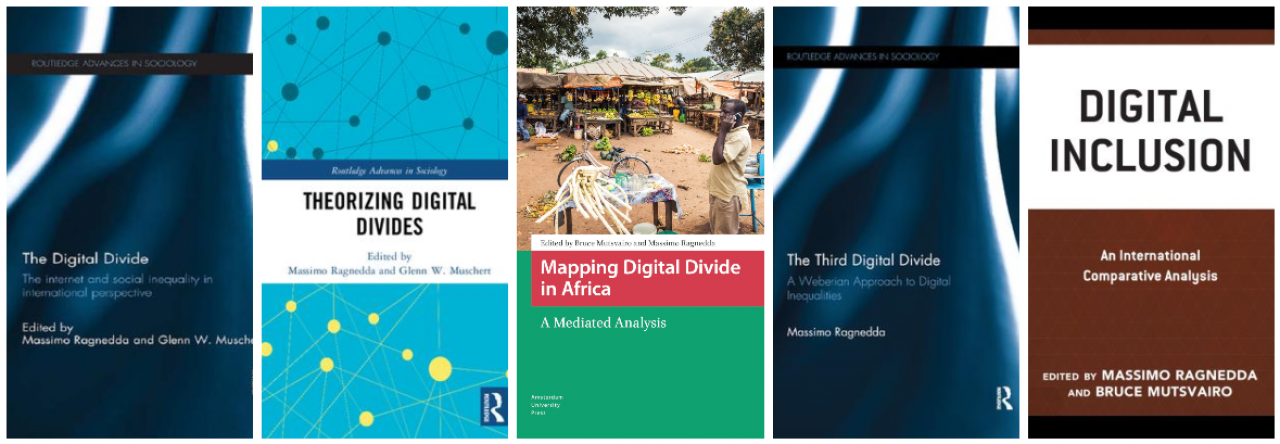The aims of the project are to connect contemporary scholarship in digital sociology with scholarship concerning sustainability, and thereby to carve out a new sub-field for digital sustainability. These goals will be met via the academic investigations assembled in the special issue, as follows:
- Establish a concept of digital sustainability, and to define the theoretical and conceptual parameters of the idea.
- Map out methodological approaches for the study and assessment of digital sustainability.
- Conceptualize how digital sustainability can be enhanced in applied settings.
COVERAGE: The special issue on “Digital Sustainability” will include six or seven articles of 5.000 to 7.000 words examining conceptual issues related to digital sustainability. The primary criterion for acceptance is established as scholarly quality and relevance of topic to the special issue theme. Each chapter must engage digital sustainability on a conceptual level, while at the same time advancing issues related to methodologies for study/assessment of digital sustainability and/or practical strategies to enhance digital sustainability. Each article should include some empirical evidence, but must also be linked theoretically to wider debates current in digital sociology, sustainability studies, communications, or related fields. Contributors are encouraged to offer forward-looking perspectives in the form of suggestions for digital sustainability, including how the concepts, associated methodologies, applications, and principles of digital sustainability can be useful in pursuit to sustainability goals.
Topics include, but are not limited to:
– Theorizing digital sustainability
– Measuring digital sustainability
– Methodologies for assessment of digital sustainability
– Mapping plans to achieve digital sustainability
– Exploration of the role of advanced computing in digital sustainability, such as AI, big data, quantum computing, blockchain, cryptocurrency
– Exploration of various forms of social reality as aspects of digital sustainability, such as RL, VR, AR, and XR
– Exploration of digital sustainability and the human-computer interface(s)
– The relevance of digital skills in digital sustainability
– The role of digital infrastructure in digital sustainability
– E-waste, energy usage, and other ecological concerns
– The role(s) of infrastructure, hardware, or software in digital sustainability
– The role of formal social institutions (public, private, or NGO) in digital sustainability
IMPORTANT DATES:
- Abstracts Due 1. August 2020
- Decisions Issued 15. August 2020
- Articles Due 31. October 2020
- Reviews Returned 1. January 2021
- Revisions Due 31. March 2021
- Submit to Publisher 7. May 2021
- Online Publication 30. July 2021
ABSTRACT SUBMISSION GUIDELINES
The special issue editors invite colleagues worldwide to prepare extended abstracts for a proposed article contribution. Please submit a one-page proposal to the editorial team via email by 1 March 2020, and kindly contact the editors with questions or for additional information. First drafts of invited articles will be due will be due 1 November 2020, and final manuscripts will be due 1 May 2021. Manuscripts will be limited to 20 manuscript pages (c. 5.000 words), including abstract, references, two-dimensional tables, and figures.
SPECIAL EDITORS
Dr. Massimo Ragnedda (Senior Lecturer in Mass Communications, Northumbria University, UK). Email: massimo.ragnedda@northumbria.ac.uk
Prof. Dr. Glenn W. Muschert (Professor of Sociology, Khalifa University, UAE).
Email: glenn.muschert@ku.ac.ae
Pagine: 12

Lascia un commento